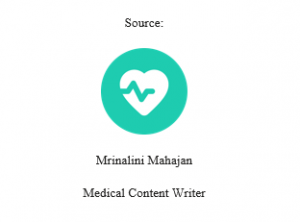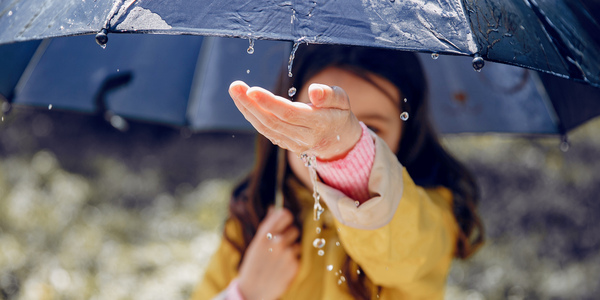[the_ad id=”6076″]
Monsoon season brings relief from scorching heat and rejuvenates the environment, but it also brings along a host of health challenges. The combination of moisture, stagnant water, and increased humidity creates an ideal breeding ground for various waterborne and vector-borne diseases. To ensure a safe and healthy monsoon, it’s crucial to be well-prepared and follow necessary precautions.
In this article, we will discuss monsoon safety tips for some of the most common diseases during this season: Cholera, Malaria, Dengue, Chikungunya, and Typhoid.
- Cholera: 2.9 million cases registered annually. Cholera is a waterborne bacterial infection that spreads through contaminated water and food. During the monsoon, there is an increased risk of cholera outbreaks due to the contamination of drinking water sources and improper sanitation. To prevent cholera:
- Drink Safe Water: Consume only purified or boiled water. Avoid consuming ice or using tap water for brushing teeth.
- Hygiene: Wash hands thoroughly with soap and water before eating and after using the restroom.
- Avoid Street Food: Opt for home-cooked meals to reduce the risk of consuming contaminated food.
- Malaria: 229 million cases worldwide. Monsoon provides a conducive environment for the breeding of mosquitoes, the vectors responsible for transmitting malaria. To prevent malaria:
- Use Mosquito Repellents: Apply mosquito repellents on exposed skin and clothing.
- Mosquito Nets: Sleep under mosquito nets, especially if you live in a malaria-prone area.
- Remove Stagnant Water: Empty and clean containers that collect water around your home to eliminate mosquito breeding sites.
- Dengue: Upto 390 million infections detected globally. Dengue is another mosquito-borne viral infection that sees a spike during the monsoon. Aedes mosquitoes, responsible for transmitting dengue, breed in clean water. To prevent dengue:
- Use Mosquito Nets: Sleep under mosquito nets to prevent mosquito bites, especially during daytime.
- Cover Water Containers: Ensure that water storage containers are tightly covered to prevent mosquito breeding.
- Wear Protective Clothing: Wear long-sleeved clothing to reduce exposed skin.
- Chikungunya: Around 3 million cases recorded annually. Similar to dengue, chikungunya is transmitted by Aedes mosquitoes. It causes fever and severe joint pain. To prevent chikungunya:
- Avoid Mosquito Bites: Use mosquito repellents and wear protective clothing.
- Eliminate Breeding Sites: Regularly check and clean containers that collect water to prevent mosquito breeding.
- Stay Indoors: Minimize outdoor activities during peak mosquito activity times, such as early morning and late afternoon.
- Typhoid: 11.2 million cases registered each year. Typhoid is a bacterial infection that spreads through contaminated food and water. During the monsoon, water sources can become easily contaminated. To prevent typhoid:
- Safe Food Practices: Consume well-cooked and freshly prepared food. Avoid raw or undercooked seafood.
- Drink Safe Water: Opt for boiled or purified water. Avoid beverages with ice if the source of water is uncertain.
- Personal Hygiene: Wash hands thoroughly before meals and after using the restroom.
General Monsoon Safety Tips:
- Stay Hydrated: Drink plenty of clean and safe water to stay hydrated, even if the weather is cooler.
- Footwear: Wear closed shoes or boots to avoid contact with contaminated water and prevent fungal infections.
- Keep Surroundings Clean: Properly dispose of garbage and keep your surroundings clean to prevent the breeding of disease vectors.
- Seek Medical Attention: If you experience symptoms like fever, diarrhea, severe joint pain, or persistent vomiting, seek medical attention promptly.
- Vaccinations: Consult a healthcare professional for vaccinations, especially if you are traveling to areas with higher disease prevalence.
In conclusion, monsoon season brings its own set of health challenges, but by following these safety tips, you can significantly reduce the risk of contracting diseases like cholera, malaria, dengue, chikungunya, and typhoid. It’s essential to maintain personal hygiene, practice safe food and water habits, and take preventive measures against mosquito bites. By staying informed and proactive, you can enjoy the monsoon season while safeguarding your health and well-being.

